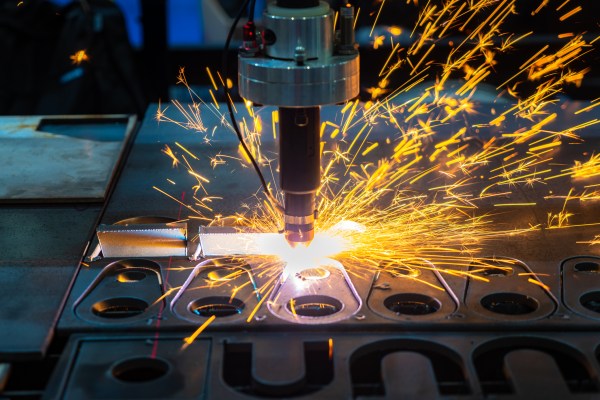
Like most of the rest of the world, COVID-19 hit the manufacturing sector by surprise. That China — which continues to comprise the vast majority of electronics manufacturing — was the first global epicenter of the virus certainly didn’t help the industry sufficiently brace for the impact of a pandemic on a scale the world has not seen for more than a century.
“Nobody had a great reaction,” Anker founder and CEO Steven Yang concedes during our Disrupt interview. “I think this all caught us by surprise. In our China office, everybody was prepared to go on vacation for the Chinese New Year. I think the first reaction was that vacation was prolonged the first week and then another several days. People were just off work. There wasn’t a determined date for when they could come back to work. That period was the most concerning because we didn’t have an outlook. They had to find certainties. People had to work from home and contact supplies and so forth. That first three to four weeks was the most chaotic.”
The impact of the earliest days of the pandemic continues to have knock-on effects that have sent shockwave throughout the global hardware industry. In early 2020, it was easy enough for many throughout the globe to write off the novel coronavirus as the latest in a string of outbreaks that didn’t move too far beyond select pockets. Ultimately, however, it would bring much of the world to a screeching halt.
Manufacturing, in particular, suffered first from a workplace depletion. Soon, the hamstringing of its supply was outpaced in lowered demand. Economic recessions and skyrocketing unemployment have — and in many sectors continue to —torpedo consumer demand for a number of electronics. While it’s true that some categories — like PCs — ultimately benefited for the shift in lifestyles, an overall decreasing in disposal income has had a profound impact on the industry.
On the manufacturing side, COVID-19 has served to propel existing trends. “I feel like it’s accelerated this depolarization to some extent,” Arevo CEO Sonny Vu explains. “We’re seeing across the board soft goods, hardware.” Vu, who spends much of his time in Ho Chi Minh, Vietnam, notes that the advent of COVID-19 has increased the appeal of manufacturing sites outside of China. Areas like South East Asia and India, which are continuing to increase in popularity as manufacturing hot beds, are becoming increasingly appealing for those looking to diversify sites to help prepare for similar issues in the future.
Robotics and automation is an other key category seeing increased potential acceleration, as manufacturers look toward streamline processes that can’t call in sick or increase transmission of human viruses.
“It’s our firm belief that automation will not only be efficient, but effective. We have invested heavily in robotic automation,” says Yang. “It’s to a certain point — because if you were to take a certain wire and push it through a hole, the cost of a robot that does that is still, I don’t know, 20 years of a single worker’s salary. It’s very challenging to take an entire assembly line and replace it with robots.”
"impact" - Google News
September 18, 2020 at 08:23PM
https://ift.tt/3c99xj7
Steven Yang and Sonny Vu discuss COVID-19’s impact on tech manufacturing - TechCrunch
"impact" - Google News
https://ift.tt/2RIFll8
Shoes Man Tutorial
Pos News Update
Meme Update
Korean Entertainment News
Japan News Update
Bagikan Berita Ini















0 Response to "Steven Yang and Sonny Vu discuss COVID-19’s impact on tech manufacturing - TechCrunch"
Post a Comment